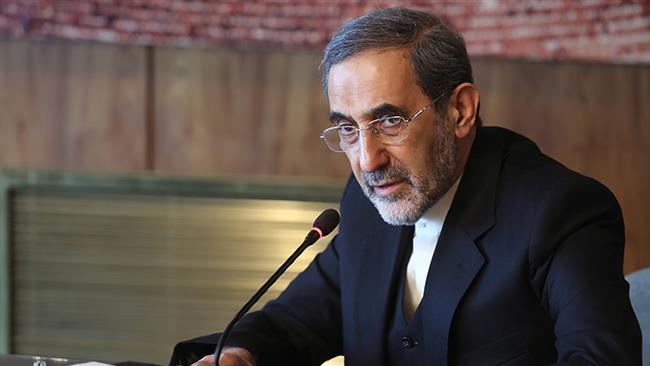

A senior advisor to Leader of the Islamic Revolution Ayatollah Seyyed Ali Khamenei has slammed the United States for its failure to remain committed to last year’s nuclear agreement between Iran and the P5+1 group of countries.
Ali Akbar Velayati, the Leader’s advisor on international affairs, made the remarks on Sunday on the occasion of the first anniversary of the nuclear agreement, known as the Joint Comprehensive Plan of Action (JCPOA), between Iran and the five permanent members of the UN Security Council – the United States, France, Britain, China and Russia – plus Germany on July 14, 2015.
“The Americans did not abide by their obligations under the JCPOA. Sanctions [imposed on Iran] have not been lifted completely and certain conditions set by the Leader in the JCPOA have not been observed,” he added.
The senior Iranian official emphasized that US President Barack Obama should pledge in writing that his administration would remove sanctions imposed on Iran by Washington, but he has not met this condition yet.
He reiterated Iran’s commitment to its JCPOA obligations, saying, “But, Western sides have not lifted the sanctions yet.”
Iran and the six world powers started implementing the JCPOA on January 16.
Under the deal, all nuclear-related sanctions imposed on Iran by the European Union, the Security Council and the US should be lifted. Iran has, in return, put some limitations on its nuclear activities.
After the JCPOA went into effect, congressional Republicans have introduced many sanctions bills and other legislation to undermine the agreement that is viewed as a foreign policy legacy of President Obama’s administration.
The American banks are still banned from dealing with Iran as part of an old US trade embargo that still remains in place. Accordingly, this is believed to have already effectively blocked any transactions with Iran which is based on US dollar, because they would ultimately have to be cleared in the US.







